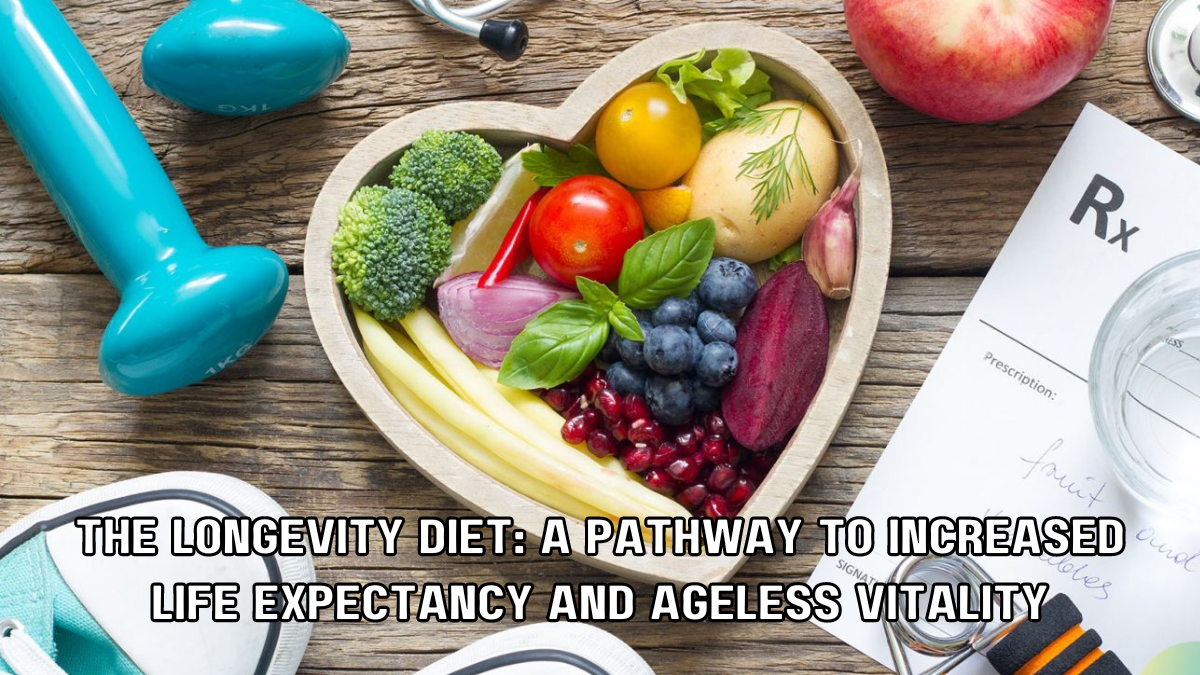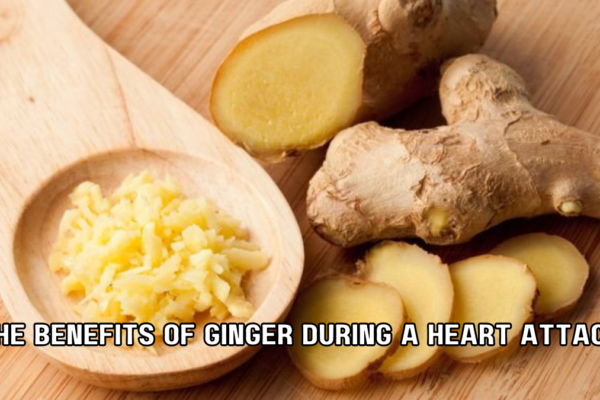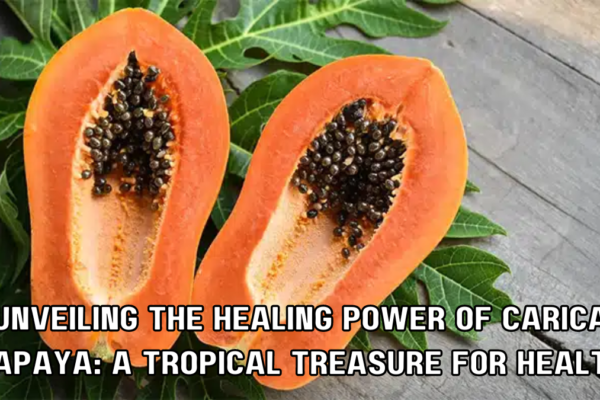Introduction:
In the quest for a longer, healthier life, what we eat plays a pivotal role. Countless studies have shown that a well-balanced diet can significantly impact our overall health, potentially increasing life expectancy and freeing us from the typical ailments associated with old age. In this blog, we’ll explore the key components of a diet that can enhance longevity and promote ageless vitality.
The Science Behind Longevity and Diet:

Research into the diets of populations known for their longevity, such as the inhabitants of Okinawa, Japan, and the Mediterranean region, reveals common dietary patterns. These diets are rich in plant-based foods, lean proteins, healthy fats, and are low in processed foods and sugars. Here’s a closer look at the core elements of a longevity-promoting diet:
1. Embrace Plant-Based Foods:

Plant-based diets are rich in essential nutrients, antioxidants, and fiber. They help reduce inflammation, lower the risk of chronic diseases, and support overall health. Key components include:
- Fruits and Vegetables: Aim for a colorful variety to ensure a wide range of nutrients.
- Legumes: Beans, lentils, and chickpeas are excellent sources of protein and fiber.
- Whole Grains: Brown rice, quinoa, oats, and barley provide sustained energy and essential nutrients.
2. Prioritize Healthy Fats:

Healthy fats, particularly those found in nuts, seeds, avocados, and olive oil, are crucial for brain health and reducing inflammation. Omega-3 fatty acids, commonly found in fatty fish like salmon and mackerel, are particularly beneficial.
3. Opt for Lean Proteins:

Protein is essential for maintaining muscle mass and overall health. Choose lean sources such as:
- Fish and Seafood: Rich in omega-3 fatty acids and high-quality protein.
- Poultry: Skinless chicken and turkey provide lean protein with less saturated fat.
- Plant-Based Proteins: Tofu, tempeh, and edamame are excellent meat substitutes.
4. Limit Processed Foods and Sugars:

Processed foods and sugars contribute to inflammation, obesity, and various chronic diseases. Reducing intake of these items can significantly improve health outcomes. Instead, opt for:
- Whole Foods: Fresh, unprocessed foods should be the cornerstone of your diet.
- Natural Sweeteners: Use honey, maple syrup, or fresh fruit to satisfy sweet cravings in moderation.
5. Stay Hydrated:

Proper hydration is essential for overall health. Water supports digestion, nutrient absorption, and toxin elimination. Aim to drink at least 8 glasses of water a day, and more if you are active.
6. Mindful Eating and Moderation:

Adopting mindful eating practices helps control portion sizes and encourages a deeper appreciation for food. Eat slowly, savor each bite, and listen to your body’s hunger and fullness cues.
The Benefits of the Longevity Diet:

Following a diet rich in plant-based foods, healthy fats, and lean proteins, while limiting processed foods and sugars, offers numerous benefits:
- Increased Life Expectancy: A nutrient-dense diet supports overall health and longevity.
- Reduced Risk of Chronic Diseases: Lower incidences of heart disease, diabetes, and certain cancers.
- Improved Mental Health: Nutrient-rich foods support brain function and reduce the risk of cognitive decline.
- Enhanced Physical Health: Maintaining a healthy weight and muscle mass promotes mobility and reduces the risk of frailty in old age.
Conclusion:
Incorporating these dietary principles into your daily routine can lead to a longer, healthier, and more vibrant life. Remember, it’s not just about adding years to your life, but adding life to your years. Start making these small, sustainable changes today, and embark on your journey to ageless vitality and increased life expectancy.












